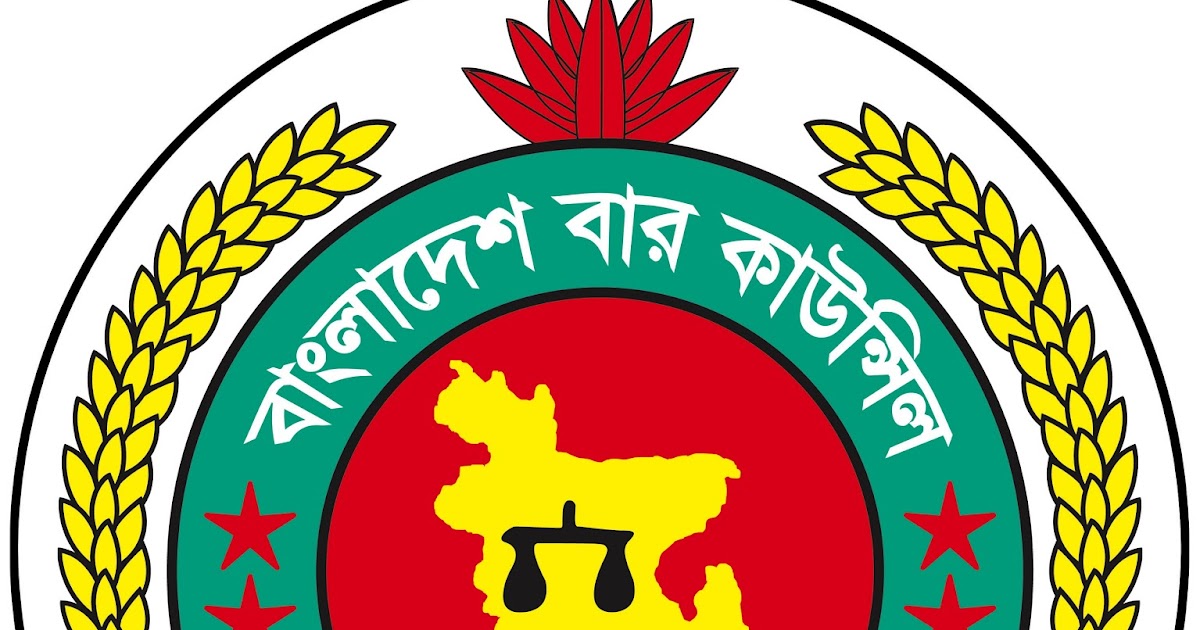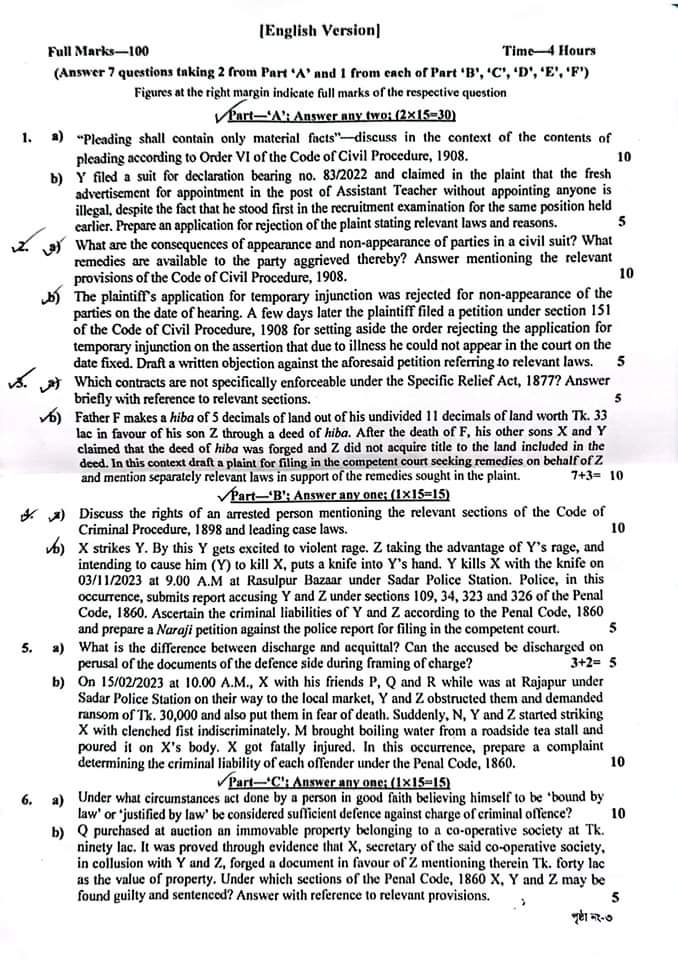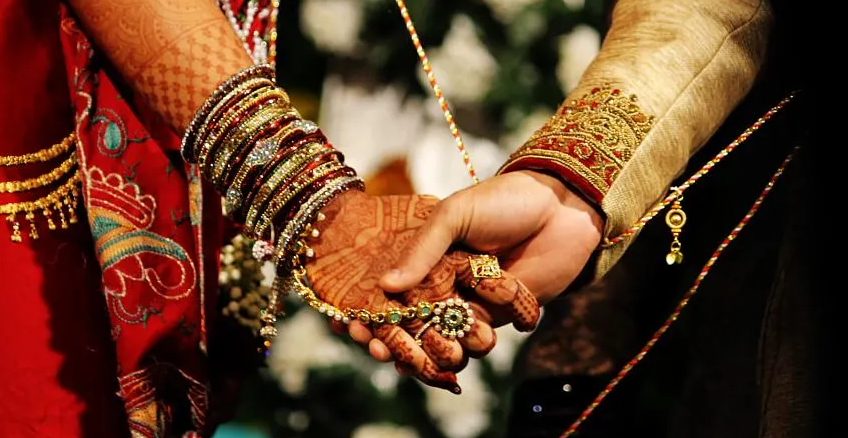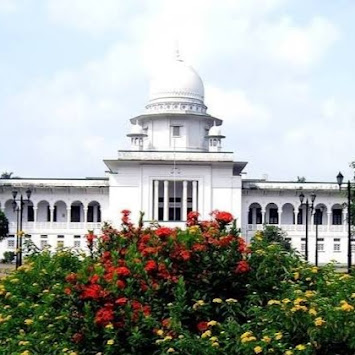Divorced Muslim women can seek maintenance from former husband: The Supreme Court of India
The Supreme Court of India ruled on July 10 that a divorced Muslim woman is entitled to maintenance (post-divorce maintenance) from her former husband under Section 125 of the Code of Criminal Procedure in addition to redress given by Muslim Women (Protection of Rights on Divorce) Act, 1986 and the Act of 1986 won't prevail over secular law.
The Supreme Court of India said that a Muslim woman is entitled to maintenance from her husband under Section 125 of the Code of Criminal Procedure (CrPc).
It held that any discrimination against Muslim women in matters of alimony under the secular laws of the country would be regressive and against gender justice, and equality as it held that a divorced Muslim woman is entitled to seek maintenance from her husband under Section 125 of the Criminal Procedure Code (CrPC).
A bench of Justices B V Nagarathna and Augustine George Masih rejected a contention the Muslim Women (Protection of Rights on Divorce) Act, 1986, enacted after the Shah Bano judgment, will prevail over the secular law.
The court also did not agree to a plea that the provisions of Section 125 of the CrPC do not apply in view of there being a personal law for Muslims.
It declared that Section 125 of the CrPC applies to all married women including Muslim married women and it applies to all non-Muslim divorced women.
It also said the provision applies to all such Muslim women, married and divorced under the Special Marriage Act in addition to remedies available under the Special Marriage Act.
It is to be mentioned here that after the landmark judgement of M. Ahmed Khan vs Shah Banu Case the Muslim Women (Protection of Rights on Divorce) Act, 1986 was enacted to address the issue of maintenance for divorced Muslim women through Section 3. This section stipulates: “Mahr or other properties of Muslim woman to be given to her at the time of divorce. — (1) Notwithstanding anything contained in any other law for the time being in force, a divorced woman shall be entitled to — (a) a reasonable and fair provision and maintenance to be made and paid to her within the iddat period by her former husband; (b) where she herself maintains the children born to her before or after her divorce, a reasonable and fair provision and maintenance to be made and paid by her former husband for a period of two years from the respective dates of birth of such children.”
In addition to this redress now through this verdict of the Supreme Court of India a Muslim Divorced Woman can avail maintenance as per provision of section 125 of the CrPC. It outlines: “If any person having sufficient means neglects or refuses to maintain: (a) his wife, unable to maintain herself, or (b) his legitimate or illegitimate minor child, whether married or not, unable to maintain itself, or (c) his legitimate or illegitimate child (not being a married daughter) who has attained majority, where such child is, by reason of any physical or mental abnormality or injury unable to maintain itself, or (d) his father or mother, unable to maintain himself or herself, a magistrate of the first class may, upon proof of such neglect or refusal, order such person to make a monthly allowance for the maintenance at such monthly rate as such Magistrate thinks fit.”






